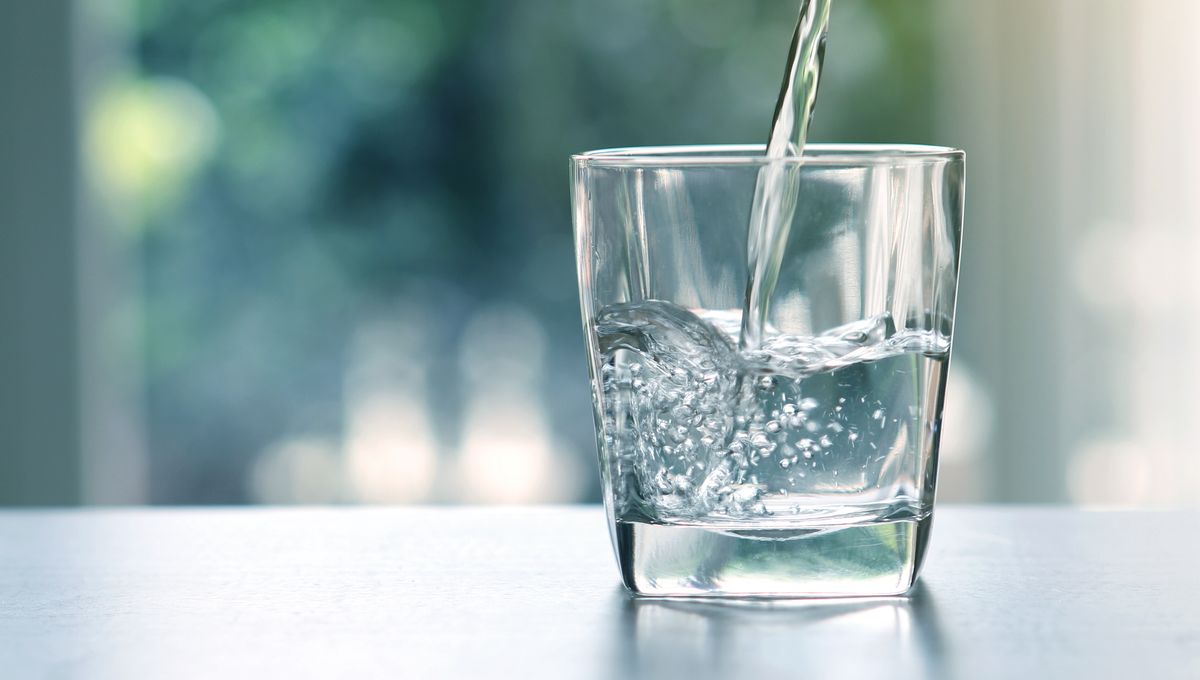
Few of us question the idea that we shouldn’t eat or drink – “nil per os” or “nothing by mouth” – for at least six and two hours, respectively, before any surgical procedures, but this may be changing. An increasing number of hospitals across the world have started a new approach that allows patients to continue drinking small amounts of clear liquids until they are sent to theater. So why is this change happening, and why haven’t we been able to drink before now?
The introduction of the fasting rule actually dates to early surgical traditions established in the mid-nineteenth century. In 1850, Dr John Snow recommended that patients should eat a ‘sparing breakfast, or luncheon from two to four hours” before being anesthetized with ether or chloroform. This, he believed, would avoid the “unpleasantness” of vomiting. While Snow wanted to limit the inconvenience of a patient throwing up on him, it was soon realized that such regurgitation could be a threat to life.
In 1862, a medical meeting held in Edinburgh, Scotland, linked the use of chloroform to a “new cause of death” after a soldier in Burma had vomited during a surgery for a gunshot wound. An autopsy on the soldier revealed that his trachea was “filled with vomited matter”. It was only after Sir Joseph Lister, the famous British surgeon, published a set of guidelines for fasting before surgery that we see a distinction being made between the consumption of food and clear liquids. Lister’s distinction remained in medical textbooks until the 1960s.
Yet for many recent generations of anesthesiologists, the fasting rule became procedural dogma after 1947, when Curtis Mendelson, a New York obstetrician, published a now famous article called The aspiration of stomach contents into the lungs during obstetric anesthesia. Mendelson’s article examined the cases of 66 women who had inhaled some of their stomach contents while giving birth. He concluded that the women’s throats had relaxed due to general anesthesia, which allowed the undigested food to travel into the esophagus and to enter their lungs. In some cases, it caused choking and asphyxia leading to death, but in other cases the food matter went undetected and eventually caused pneumonia and other pulmonary infections.
Mendelson made a number of recommendations, one of which was that women undergoing labor should fast just in case they needed to be anesthetized. These recommendations have been refined and changed over time, but the idea that you should avoid drinking water has remained in place ever since.
But in the last ten years, efforts to liberalize the rules around fluid consumption have become more common. Hospitals across the UK, the US, and many other countries have introduced rules that allow patients to continue to sip clear fluids – such as water, black tea, and fruit juices – until their operations.
One of the reasons for these changes is that an alarming number of patients have been going without water for dangerously long periods of time. As scheduled operations are delayed for emergency procedures, some patients in a study on people having hip surgery were found to have gone between 6 and 10 hours without drinking. Dehydration before surgery is harmful and can lead to pre- and post-surgery nausea and delirium, among other things.
Recent research has also indicated that the threat of aspiration has also been overplayed. In fact, it seems that over half of people undergoing emergency surgery have some food and drink in their stomachs, but this does not increase the number of aspiration cases.
It seems the medical community are now starting to take notice of these changes, so the fasting rule may soon become a thing of the past.
Source Link: Why Are Liquids Banned Before Surgery?